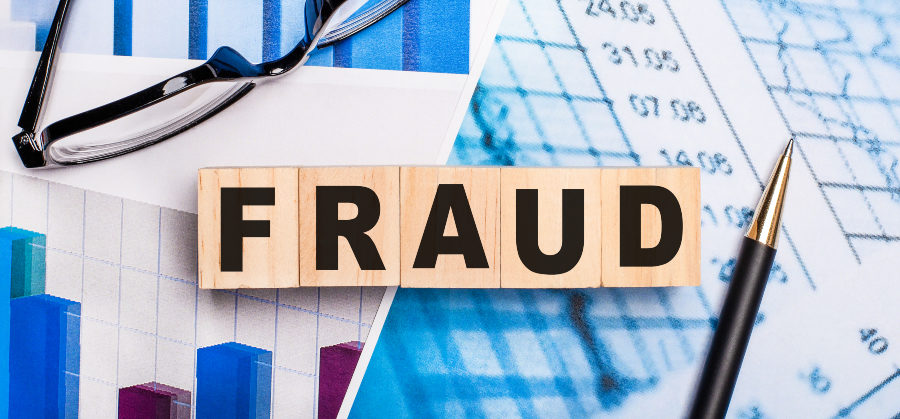The Bank of Ghana has revealed a rapid emergence of SIM swap fraud targeting individuals with access to mobile banking channels. According to the apex bank, about GHȼ4.6 million was lost to this fraud in 2023, attributed to 15 recorded cases.

This type of fraud targets individuals with mobile banking access, including banking apps, WhatsApp banking, or any account linked to their mobile number. Scammers trick telecom providers into transferring victims' phone numbers to SIM cards they control, often with inside help from telecom agents.
Once they have access, they can intercept calls and texts and even gain control of banking apps, mobile money accounts, and other sensitive information, enabling them to bypass security measures and make fraudulent transactions.
Even in the event of cheque clearing, fraudsters can intercept mobile phone confirmations.

The threat extends beyond individuals to corporate institutions, where large sums of money can be stolen.
Ransford Nana Addo Junior, a Certified Fraud Examiner and Financial Crime & Fraud Lecturer at the National Banking College, says "It is not only individual accounts. When a SIM swap happens on corporate accounts, it's more dangerous. For instance, if the CFO of a hotel has his number swapped and a fraudulent transaction is initiated, the fraudsters will be the ones receiving the confirmation."
He also noted that SIM swap fraud extends beyond banking:
"It goes beyond just the mobile channels and even beyond banking. For instance, if somebody wants to intercept your medication information sent through SMS or your SSNIT records, it can be intercepted through SIM swap as well."

To protect yourself, be cautious in sharing personal information and regularly monitor your accounts for suspicious activities. If you suspect fraud, act quickly by contacting your service provider and bank to secure your accounts and prevent further damage.

For payment service providers, the Bank of Ghana has directed compliance with section 34(3)(a) and (b) of the Payment Systems and Services Act 2019 (Act 987). This requires the deactivation of a customer's electronic money account for two days when they swap or replace their SIM card. The account can be reactivated once the customer presents valid identification, mitigating SIM swap-related fraud.
Details of the report showed a 5% rise in the number of overall fraud cases reported leading to a loss of GHS 88 million in 2023.
Latest Stories
-
Chief of Staff rolls out ‘Walk with Julius’ initiative to encourage healthy living, calls on corporate Ghana to join JoySports Invitational Tournament
2 hours -
NSMQ 2025: St Peter’s SHS claims 4th Eastern Regional title after intense showdown with Okuapeman and Pope John’s
2 hours -
Tera Hodges confirmed as speaker for Africa’s Women’s Day Virtual Celebration 2025
2 hours -
Gospel artiste Terry Johnson releases soulful new single “Ohe yɛ naakpɛɛ”
3 hours -
Nearly 200 Ghanaian students stranded as gov’t owes University of Memphis $3.6m
3 hours -
At least 14 dead in South Korea floods and landslides
4 hours -
You’ve kept to the objective – Chief of Staff Julius Debrah hails MGL
5 hours -
Cape Coast hosts final leg of National Talent Identification Program for Para athletes
6 hours -
ESG and Boardroom Decisions: How Non-Financial Drivers Shape Financial Outcomes
6 hours -
Robust anti-laundering fight critical for regional stability – Veep
11 hours -
Car ploughs into crowd outside LA nightclub, injuring 30
11 hours -
GNAT President calls for parliamentary legislation to protect reinstated PTAs
14 hours -
NPP Abanga blames his NDC twin brother for his misfortune
15 hours -
NPP Abanga breaks ranks to shield NDC twin brother in ‘galamsey’ accusations
15 hours -
Saminu Abdul Rasheed smashes national record again with 9.84s sprint in Georgia
16 hours

